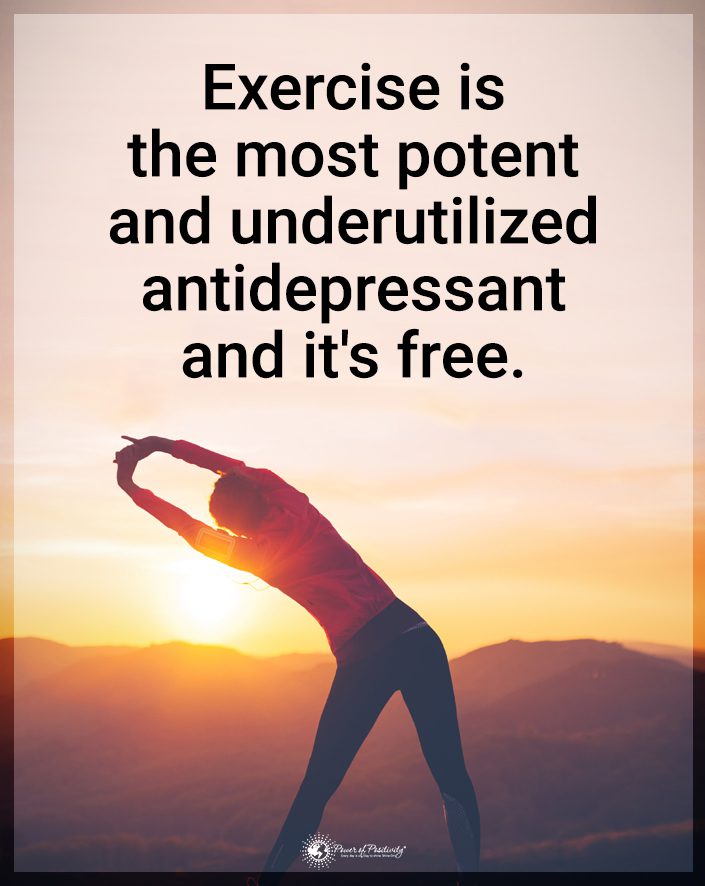A teenager is hardly a child in today’s world. Consider that between 10 to 15 percent of teenagers suffer from clinical depression. A most unpleasant welcome to early adulthood, to say the least.
Meet Elise Jamison
This young woman speaks from the heart about a condition that affects her every day: clinical depression. Elise says as much: “I have worked so hard in the last couple years to overcome this illness and it is still a daily battle.”
16-year-old Elise shares on Huffington Post that today’s teenagers are:
- Prone to exaggeration.
Quick to come up with excuses.
Think that they know more than they actually do.
So clearly, Ms. Jamison has a bit of a heads up on her peers in the maturity department. Elise is as eloquent about her condition as she is frustrated with those who are either (a) ignorant about it, or (b) use it only as an excuse.
Ms. Jamison writes, “I was diagnosed at age 14 with depression, and I am so frustrated with the people around me who cannot differentiate between angst, PMS and mental illness.”
The cause of spreading awareness
Besides speaking eloquently about the (“humongous”) differences between “temporary sadness and dissatisfaction with your life” and “the sinking desperation that is depression,” Elise – like so many individuals who suffer from depression and other illnesses – has become an advocate for mental health education and treatment.
Such advocacy is desperately needed, especially considering that both public and private sources of mental health treatment continue to be pared back. Case in point: the President of the United States, despite promising to “tackle the difficult issue of mental health,” proposes a budget that will cut behavioral care by as much as 25 percent.
At its core, depression is a chemical imbalance of the brain – a fact does not change whether you are 16 years old, or 60. A chemical imbalance in the brain may be heavily influenced by both environmental and/or genetic factors.
With regards to displays of depressive behavior, there are both similarities and differences between teenagers and adults.
Here are five common signs of teenage depression:
1. Problems at school
Depression can severely hinder a teenager’s ability to concentrate on his or her studies. Low serotonin levels are known to affect both memory and energy levels: two components that are critical to learning. A drop in grades, frustration with classwork, or poor attendance may indicate a struggle with depression; particularly if they were formerly a good student.
2. Sadness and/or loss of interest
Unless the teenager is incredibly good at masking their condition, he or she will probably display some behavioral changes at some point. Typically, depression causes a persistent feeling of sadness and/or loss of interest. Depression diagnosis requires the demonstration of one or both symptoms “for the majority of the day, on most days of the week, within a span of two weeks.”
3. Substance abuse
While most teenagers will experiment with alcohol or nicotine at some point (perhaps marijuana), excessive use may indicate a substance abuse problem. Both experimenting with stronger drugs and overuse of any substance is indicative of a substance abuse problem. If the teen is not ordinarily one to engage in such, a mental health issue may be present – most likely, depression and/or anxiety.
4. Irritability and Mood swings
Low serotonin levels combine with hormonal changes, peer pressure, and academic expectations. And that combo can both worsen depression and cause mood swings and behavioral outbursts. It’s important to note that irritability, more often than sadness, is the predominant mood in depressed teenagers. As such, they may become more easily frustrated, grumpy, or hostile.
5. Unexplainable aches and pains
Depression almost certainly produces psychosomatic symptoms. Therefore, frequent complaints of physical ailments – especially headache or stomachache – without any medical cause may indicate depression.
Final Thoughts on Teenagers and Signs of Depression
Depression is a severe mental health condition that demands both proper attention and prompt treatment. It is therefore vital for caregivers and anyone else involved in the teenager’s life to take any potential sign of depression seriously.
Depression has a way of creating a seemingly endless narrative of negative self-talk and hopelessness. But this is wrong. Help is available, and there are many effective treatments.
Almost always, clinical depression requires medication – and possibly, cognitive therapy – to correct. The sooner that someone is able and willing to seek help, the sooner that someone can begin the process of healing.















 Community
Community

